Google launches dark web monitoring tools for US Gmail users
First launched for Google One customers, the dark web report service is rolling out to all US-based Gmail users
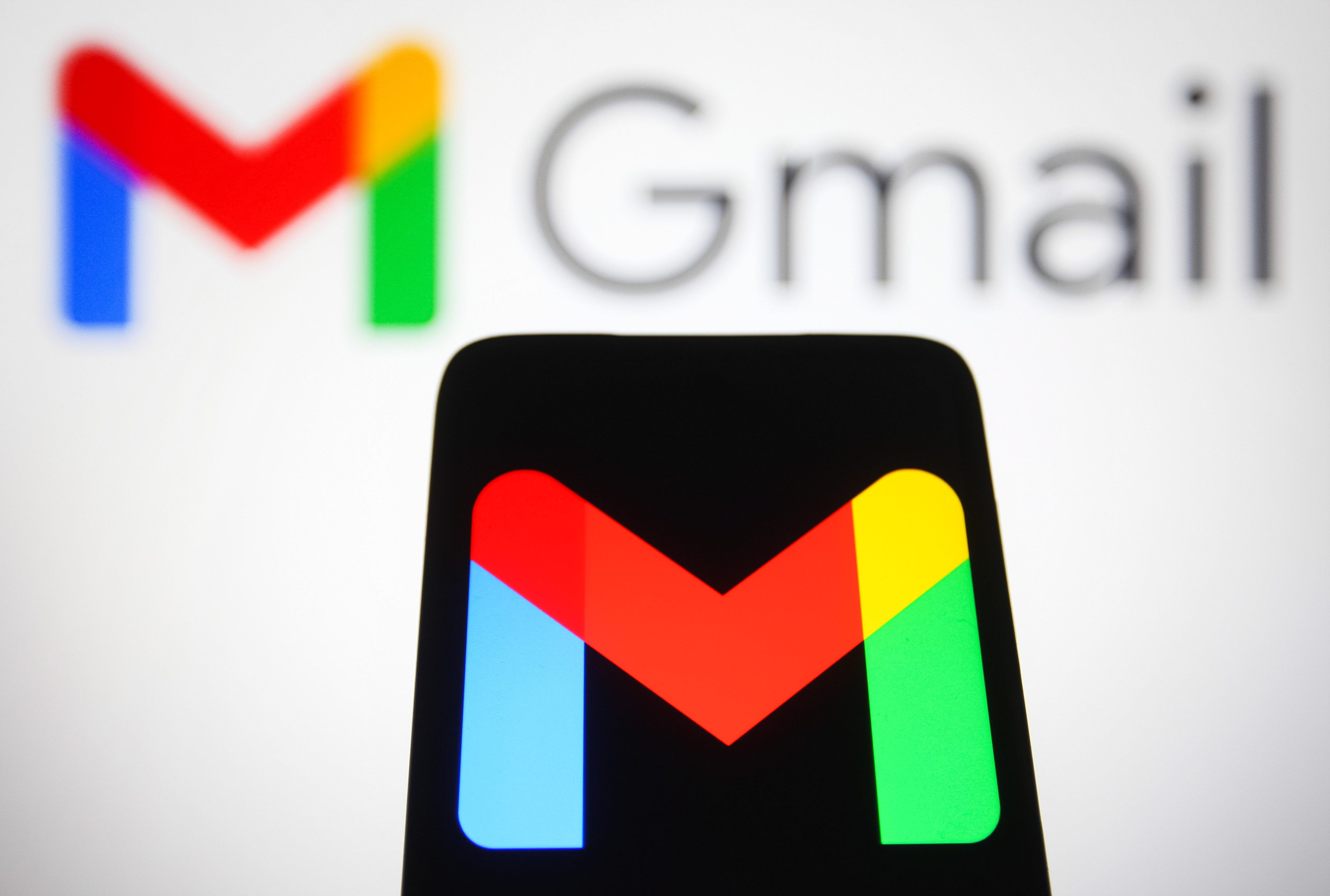

Google has announced that Gmail users in the United States will be given access to dark web monitoring tools to bolster account security.
The new features enable Gmail users to leverage Google’s dark web report security platform to see if their personal information has been found on the dark web.
Google said the move will provide an extra tool for users to improve account security.
“Previously only available to Google One subscribers in the US, we’re expanding access to our dark web report in the next few weeks, so anyone with a Gmail account in the US will be able to run scans to see if your Gmail address appears on the dark web and receive guidance on what actions to take to protect yourself,” said Jen Fitzpatrick, SVP at Google Core.
Unveiled yesterday, Fitzpatrick said the new feature will initially roll out in the US before an expected international launch in due course. However, an exact date on this international roll-out is yet to be announced.
“We’ll soon be expanding access to our dark web report to select international markets.”
Google dark web report: How does it work?
Google’s dark web monitoring features first rolled out in March this year, but only to Google One customers in the US as part of an initial launch.
Get the ITPro daily newsletter
Sign up today and you will receive a free copy of our Future Focus 2025 report - the leading guidance on AI, cybersecurity and other IT challenges as per 700+ senior executives
RELATED RESOURCE
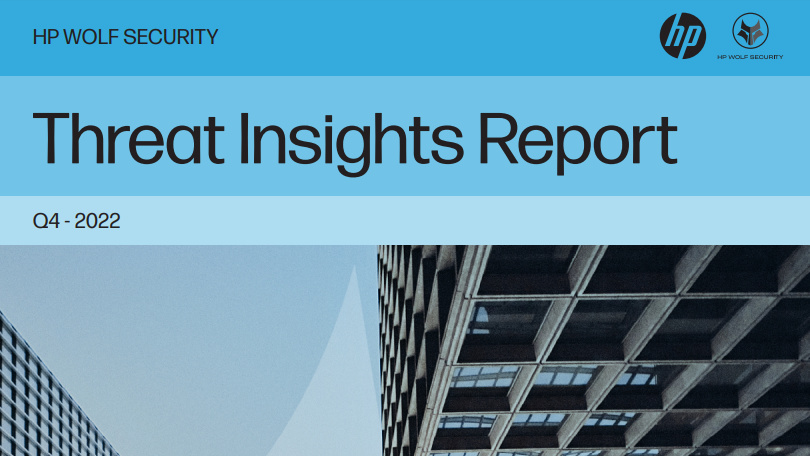
HP Wolf Security: Threat insights report
Equipping security teams with the knowledge to combat emerging threats
The company said at the time that the service will provide users with notification features to inform them if their information had been leaked on the dark web.
Google said the move forms part of a broader effort to tackle identity fraud due to information stolen in data breaches.
“A lot of this stolen info can be found on the dark web, a hard-to-reach part of the internet that requires a specialized browser to access and isn’t indexed by search engines,” the company said in a March update.
The dark web report service allows users to scan the dark web for personal information, including names, addresses, phone numbers, social security numbers, and email addresses.
If personal information is found, the service notifies users and offers advice on how to minimize risk.
“When you enable dark web report, you provide and select the information you’d like to keep an eye on within your monitoring profile,” said Esteban Kozak, director of product management at Google One.
“And if any matching info is found on the dark web, we'll notify you and provide guidance on how you might protect that information.”
For example, Google said that if a user discovers their social security number was found on the dark web, it will suggest they report it as stolen to the government or “take steps to protect your credit”.
Dark web monitoring improving security
The use of dark web monitoring to improve organizational security and ‘horizon scanning’ for security threats has grown in popularity in recent years.
A recent study found that MSSPs have experienced a rapid increase in demand from customers in the US and UK demanding monitoring services.
Around two-thirds (65%) of MSSPs said their customers had requested intelligence from the dark web to support security improvements.
An explainer from Fortinet on dark web monitoring suggests that this process can be used to drastically improve threat intelligence and help organizations identify emerging threats.
This, the company said, enhances 24/7 surveillance of threats and allows for a broader overview of the threat landscape.
“Dark web monitoring can help identify sensitive information of clients, employees, and executives that end up on the dark web,” Fortinet said.
“Using this knowledge, companies can stop criminals from exploiting stolen information.”

Ross Kelly is ITPro's News & Analysis Editor, responsible for leading the brand's news output and in-depth reporting on the latest stories from across the business technology landscape. Ross was previously a Staff Writer, during which time he developed a keen interest in cyber security, business leadership, and emerging technologies.
He graduated from Edinburgh Napier University in 2016 with a BA (Hons) in Journalism, and joined ITPro in 2022 after four years working in technology conference research.
For news pitches, you can contact Ross at ross.kelly@futurenet.com, or on Twitter and LinkedIn.
-
 Should AI PCs be part of your next hardware refresh?
Should AI PCs be part of your next hardware refresh?AI PCs are fast becoming a business staple and a surefire way to future-proof your business
By Bobby Hellard Published
-
 Westcon-Comstor and Vectra AI launch brace of new channel initiatives
Westcon-Comstor and Vectra AI launch brace of new channel initiativesNews Westcon-Comstor and Vectra AI have announced the launch of two new channel growth initiatives focused on the managed security service provider (MSSP) space and AWS Marketplace.
By Daniel Todd Published
-
 Foreign AI model launches may have improved trust in US AI developers, says Mandiant CTO – as he warns Chinese cyber attacks are at an “unprecedented level”
Foreign AI model launches may have improved trust in US AI developers, says Mandiant CTO – as he warns Chinese cyber attacks are at an “unprecedented level”News Concerns about enterprise AI deployments have faded due to greater understanding of the technology and negative examples in the international community, according to Mandiant CTO Charles Carmakal.
By Rory Bathgate Published
-
 Adopting more security tools doesn't keep you safe, it just overloads your teams
Adopting more security tools doesn't keep you safe, it just overloads your teamsNews Security tool sprawl makes it harder to manage environments and overwhelms teams
By Ross Kelly Published
-
 Google’s Big Sleep AI model just found a zero-day vulnerability in the wild — but don’t hold your breath for game-changing AI bug hunting tools any time soon
Google’s Big Sleep AI model just found a zero-day vulnerability in the wild — but don’t hold your breath for game-changing AI bug hunting tools any time soonNews Google clarified it was the first undiscovered memory safety bug to be flagged by an AI agent, touting this as a significant step in using AI for vulnerability research
By Solomon Klappholz Published
-
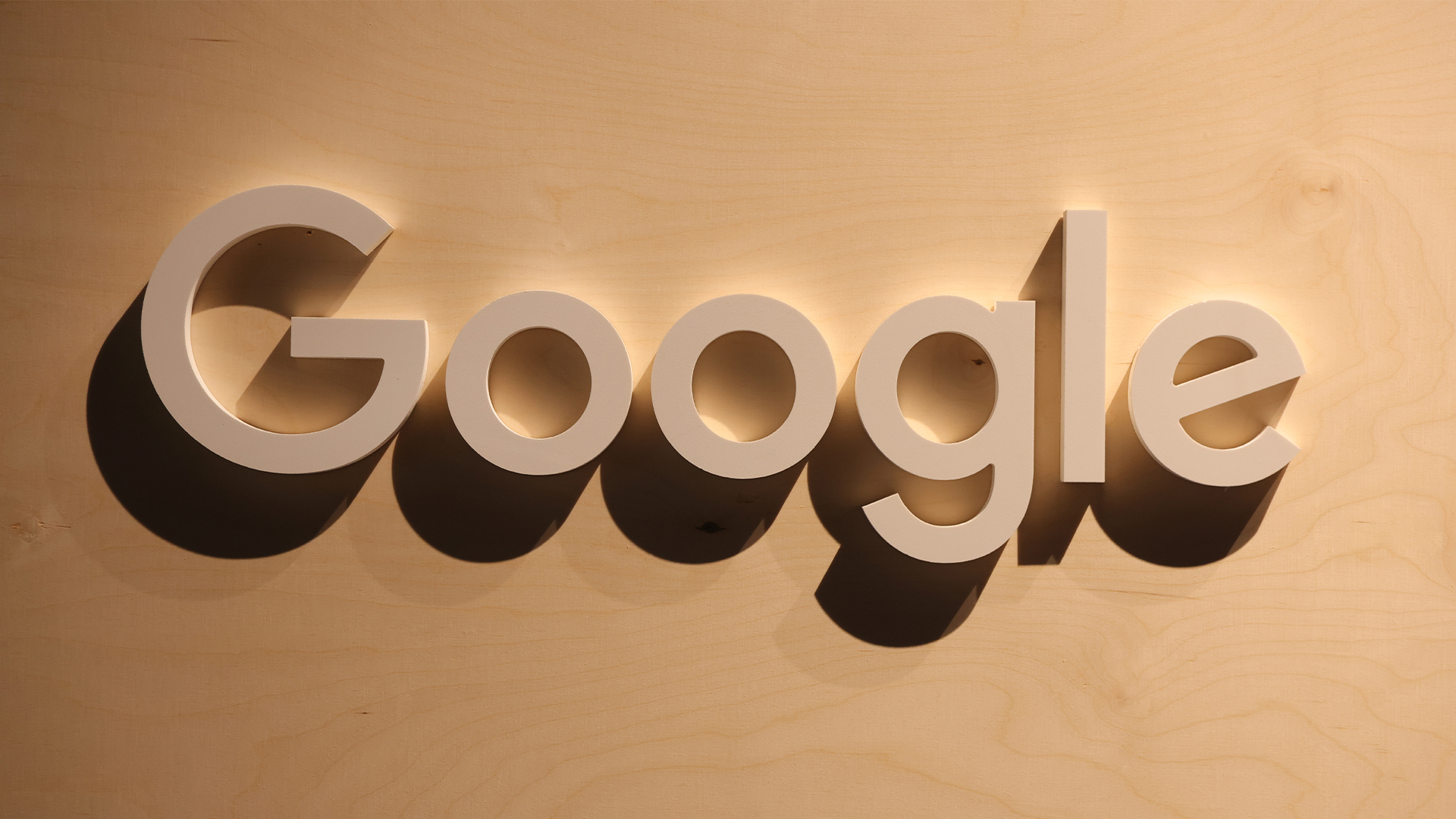 Australia and Google turn to AI to protect critical infrastructure
Australia and Google turn to AI to protect critical infrastructureNews Australia's CSIRO partners with Google to develop homegrown AI security tools for infrastructure
By Nicole Kobie Published
-
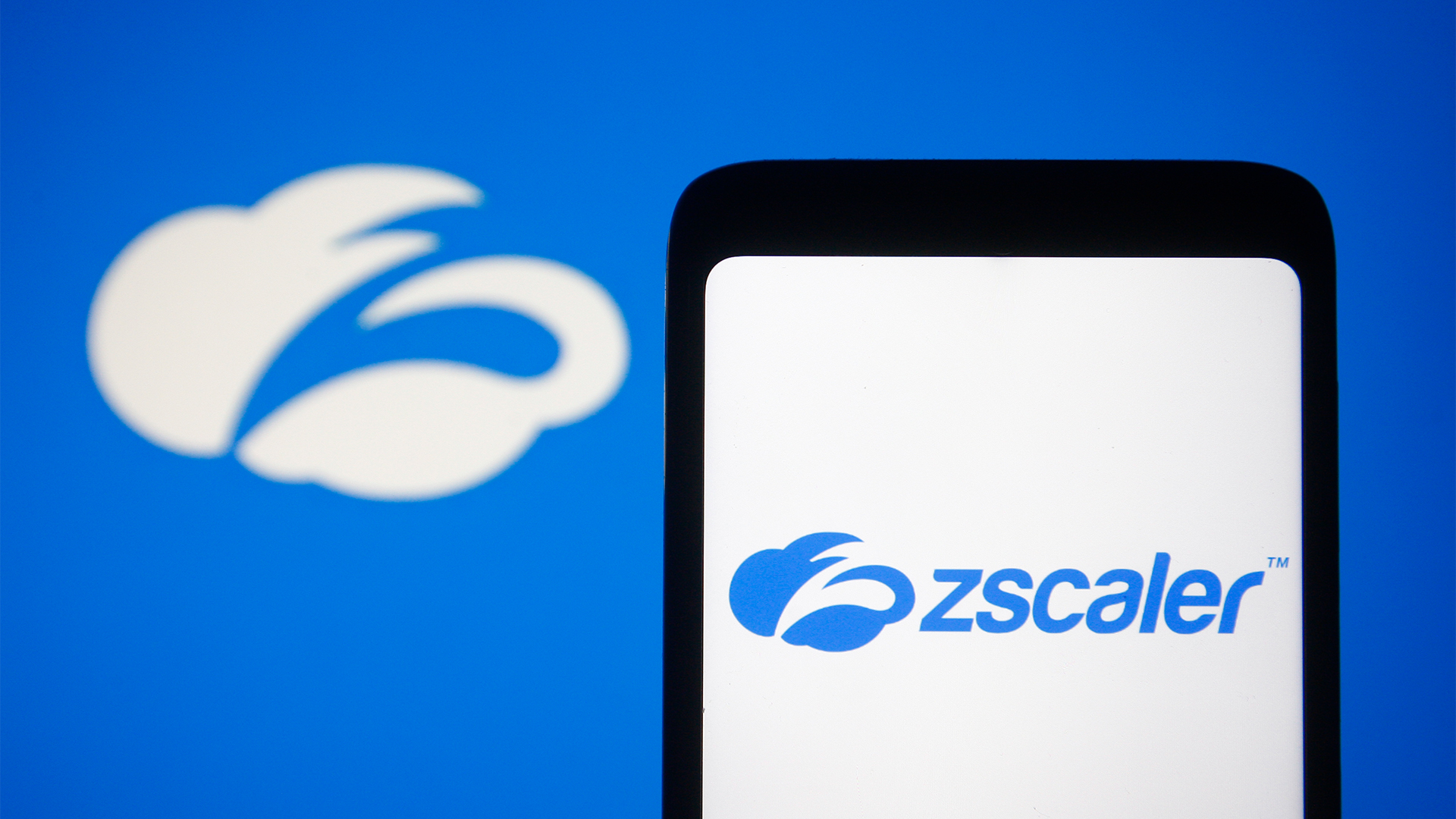 Google Workspace just got a slew of new zero trust features to help supercharge user security – here's what you need to know
Google Workspace just got a slew of new zero trust features to help supercharge user security – here's what you need to knowNews New Zscaler integrations across Chrome Enterprise, Google Workspace, and Google Security Operations aim to enhance enterprise security and access
By Daniel Todd Last updated
-
 Google says Microsoft can’t be trusted after email security blunders
Google says Microsoft can’t be trusted after email security blundersNews Google has fired a broadside at Microsoft amid concerns over the tech giant's repeated security blunders
By Solomon Klappholz Published
-
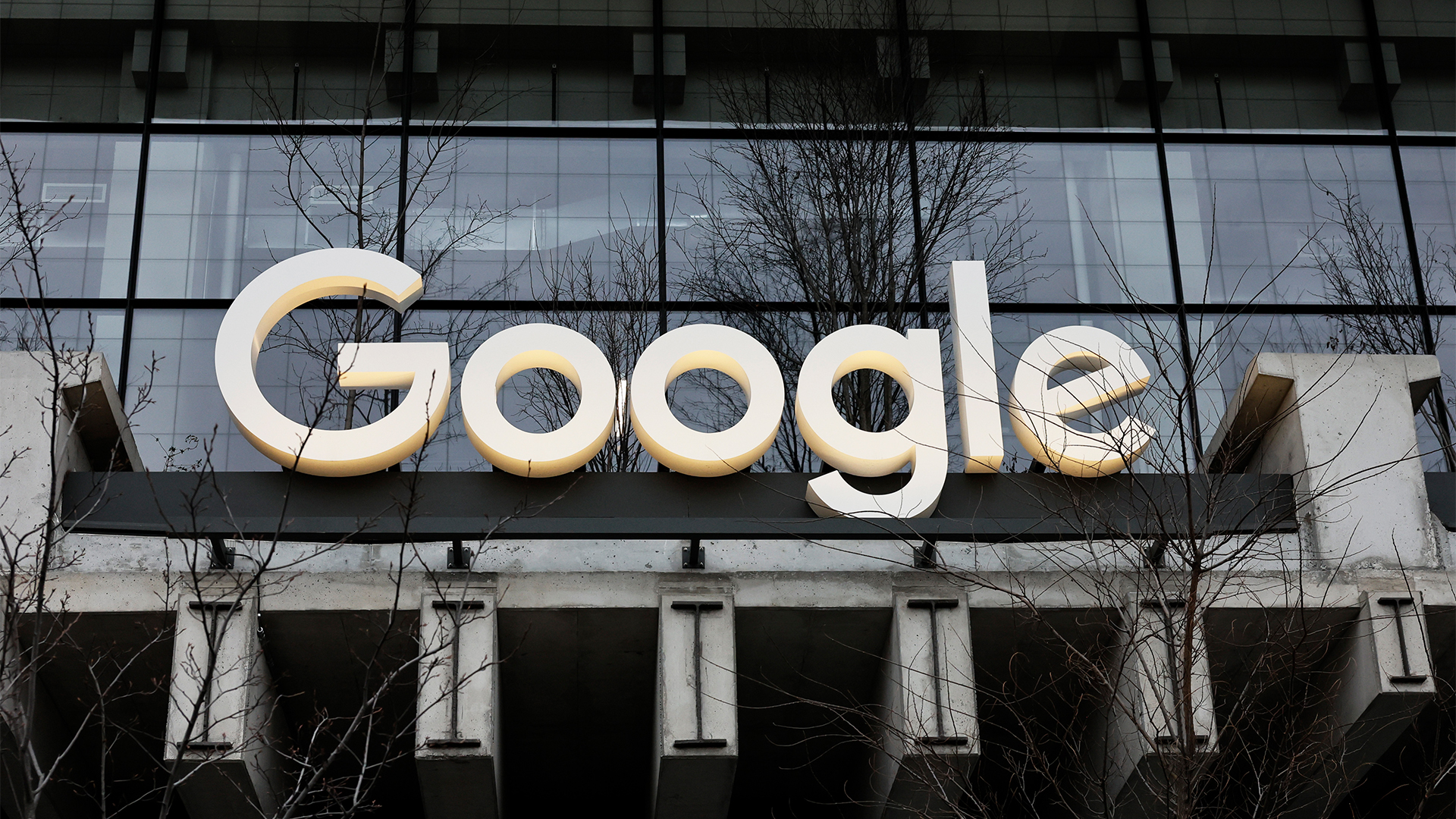 Google forced to delete billions of incognito browsing records after privacy controversy
Google forced to delete billions of incognito browsing records after privacy controversyNews Google has agreed to delete data it gained improperly through its private browsing function
By George Fitzmaurice Published
-
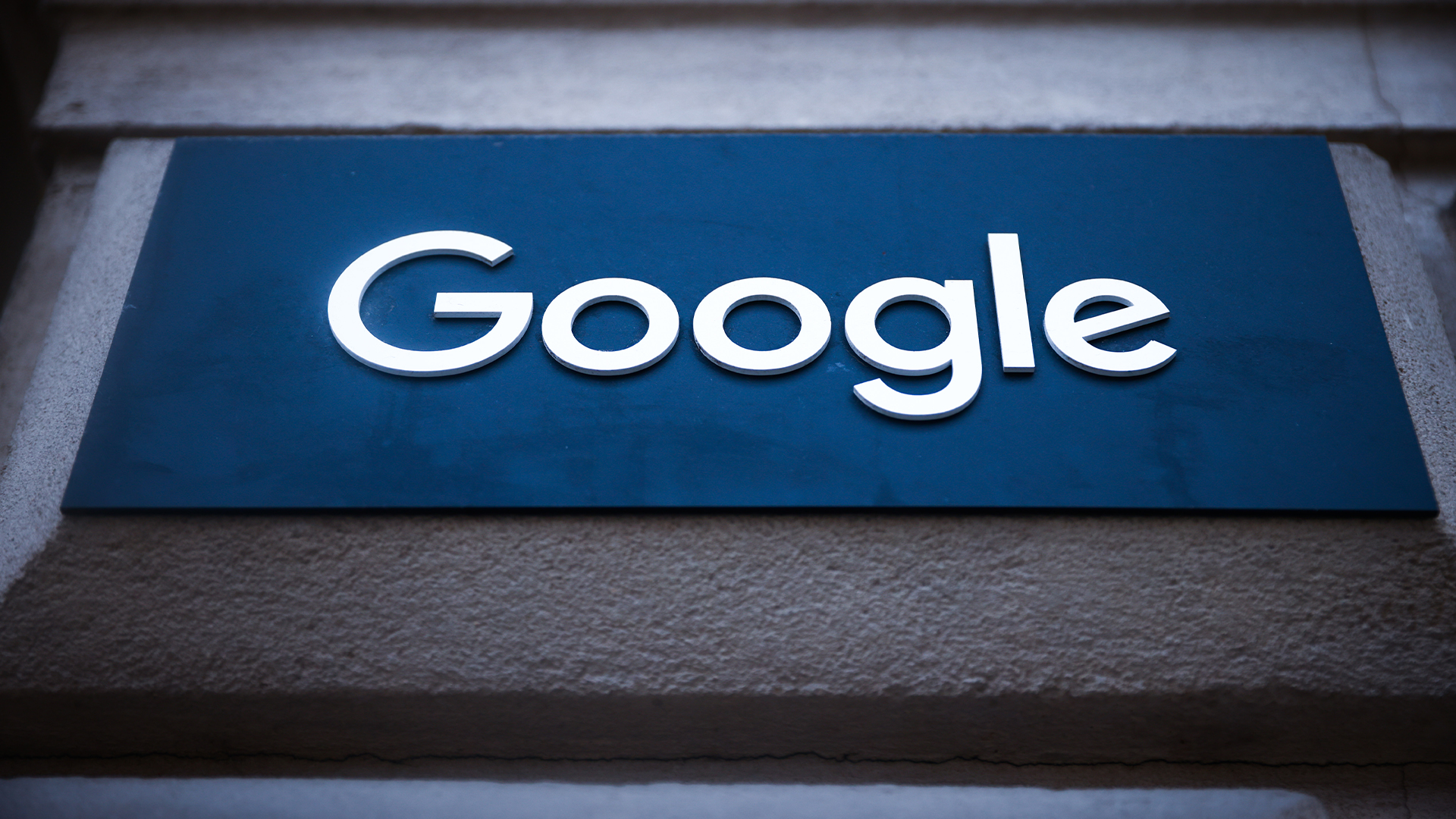 Google spent $10 million on bug bounty payouts last year — here's what flaws researchers uncovered
Google spent $10 million on bug bounty payouts last year — here's what flaws researchers uncoveredNews Google’s Vulnerability program paid rewards to 600 researchers in 2023, with Android flaws earning a third of the total
By Steve Ranger Published